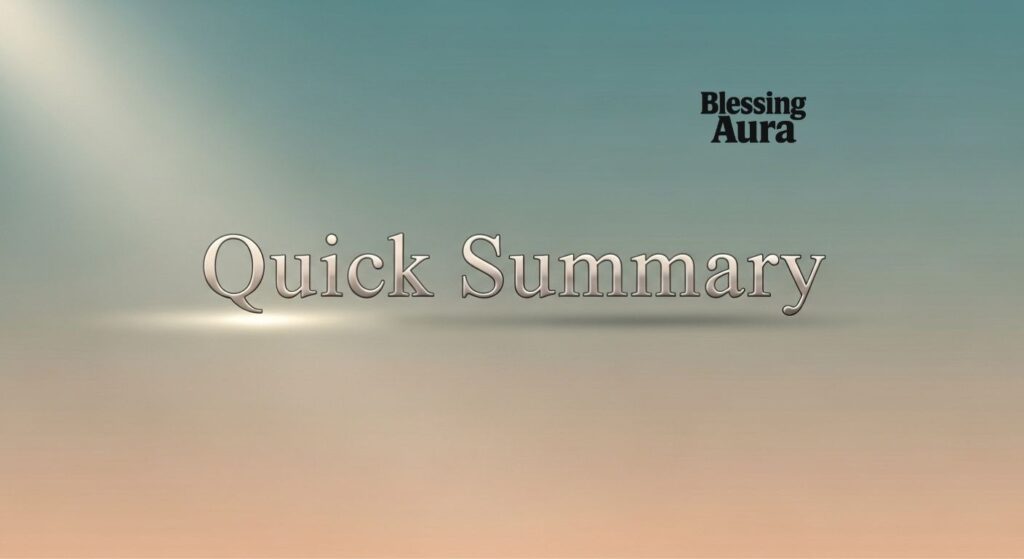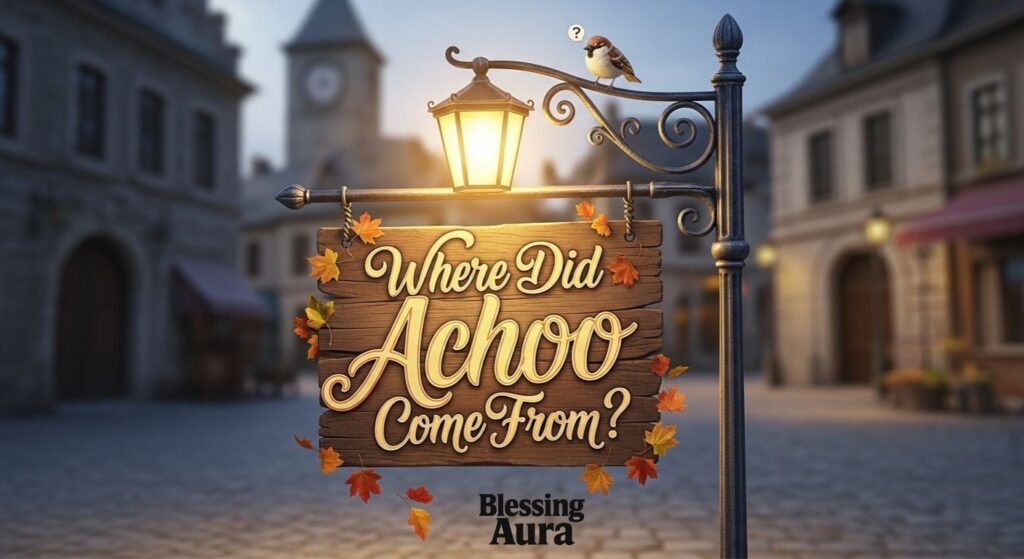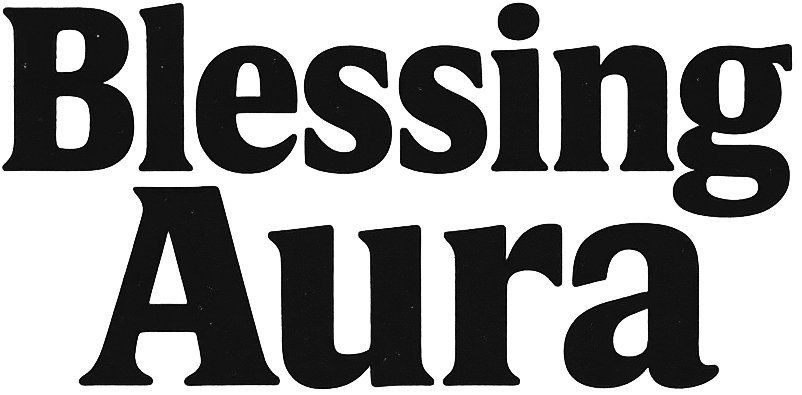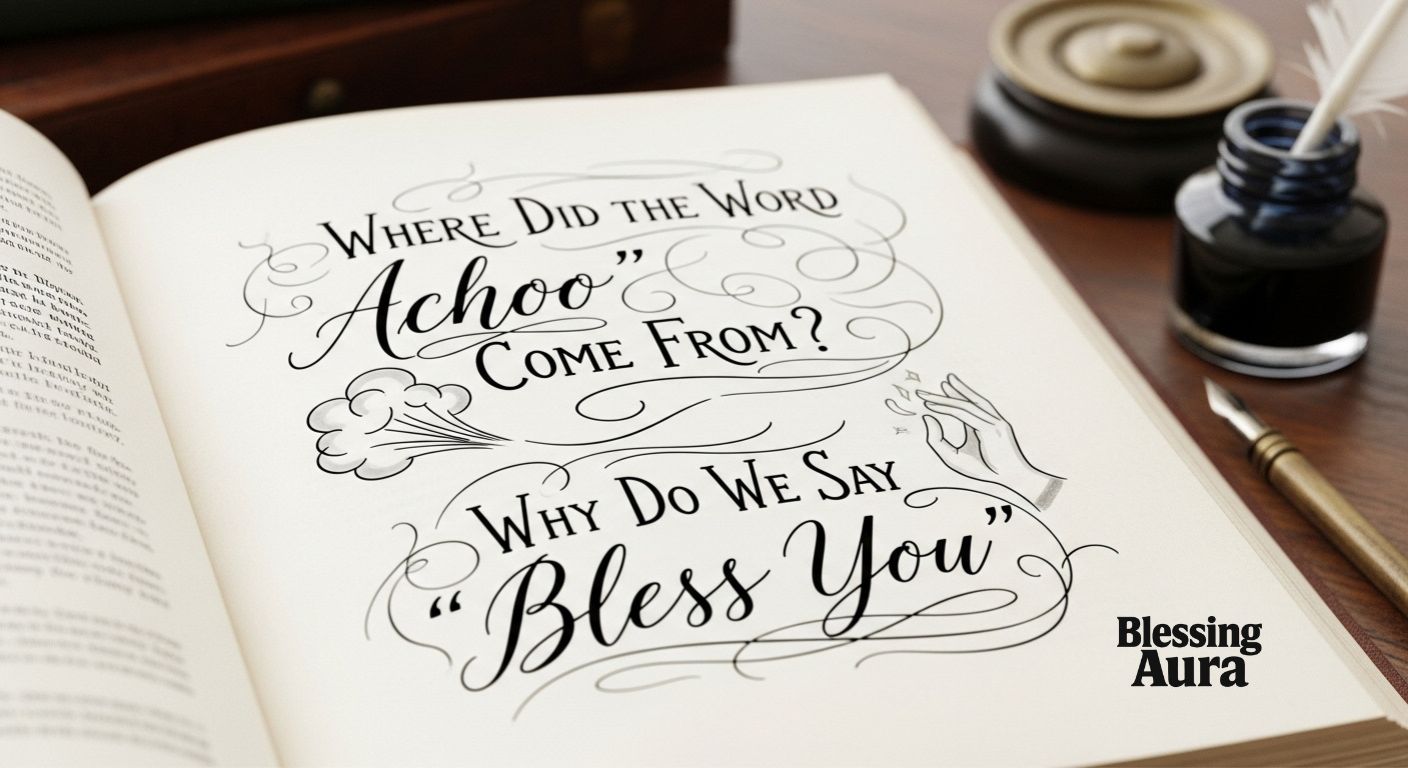The phrase Where Did the Word Achoo Come From? Why Do We Say Bless You? takes us on a journey through language, manners, and belief. From the sound of onomatopoeia to ancient sneeze superstition, every sneeze carries a story. People once thought a sneeze let the soul escape, so blessings were given for spiritual protection. Over time, it became a sign of good manners and kindness. Today, saying “Bless you” is a polite response that connects past and present. The phrase Where Did the Word Achoo Come From? Why Do We Say Bless You? reminds us that even small traditions can hold powerful meanings.
Quick Summary

The phrase “Bless you” and the sound “Achoo” both come from ancient times. One comes from onomatopoeia, the other from ancient sneeze beliefs about health and the soul. People once thought sneezing was dangerous or even a sign of illness, so blessings were used for spiritual protection. Today, saying “Bless you” is simply good manners — a small but polite way to show care.
Where Did Achoo Come From?

The word “Achoo” is pure onomatopoeia, meaning it imitates the real sneeze sound made when air bursts through your nose and mouth. Linguists call it an interjection, a word that expresses sudden emotion or reaction. Different cultures hear sneezes differently: in Russian it sounds like “apchkhi,” and in Korean, “achee.” Even though the sound changes, the meaning — a sternutation or sneeze — stays the same.
Interestingly, in medical terms, there’s something called Autosomal Dominant Compelling Helio-Ophthalmic Outburst Syndrome. It’s often shortened to ACHOO syndrome, a rare condition where bright light triggers uncontrollable sneezing. The term ACHOO (acronym) actually comes from this sternutation disorder, proving that even science finds humor in everyday sounds.
| Language | Word for Sneeze Sound | Meaning |
| English | Achoo | Onomatopoeia of a sneeze |
| Russian | Apchkhi | Mimics sneeze sound |
| Korean | Achee | Expressive sneeze sound |
| Japanese | Hakushon | Common sneeze sound |
So, where did achoo come from? From the way we hear ourselves sneeze — it’s the most natural sneeze-related expression possible.
Why Do We Say God Bless You?
No one knows exactly why we say bless you, but many stories explain it. One comes from ancient sneeze beliefs when people thought the sneeze and soul leaving the body momentarily separated. A blessing was meant to keep the devil or Satan and sneezing apart. Others believed sneezing released evil, so saying “Bless you” was a way of warding off evil spirits.
The Roman scholar Pliny the Elder, in his book Natural History (77 CE), noted that people blessed sneezers long before modern religion. Later, during Renaissance beliefs, people thought the heart stopping during sneezing was true. Saying “Bless you” became a small prayer that the heart would start again. During the plague era sneeze origins, a sneeze could signal deadly illness, and a health blessing was one’s only hope for survival.
Some even saw sneezing as a sneeze as a divine sign — a gift of good fortune sneeze belief. Whether it was religious sneeze traditions or simple social etiquette and sneezing, it’s clear that the custom became rooted in proper etiquette after sneezing.
What Are Some Alternatives to Bless You?
Across the world, people have their own cultural responses to sneezing. Some ignore it, others use words of health and recovery. In China sneeze customs and Japan sneeze etiquette, silence is normal. But in the United States, ignoring a sneeze feels rude. Here’s a look at alternatives to bless you used in different countries.
| Phrase | Language / Origin | Meaning |
| Gesundheit | German | “Healthiness” |
| Salud | Spanish | “Health” |
| Noroc | Romanian | “Good luck” |
| Großwachsen | German | “Grow tall” |
| Are you all right? | Modern English | Expression of care |
These phrases show that sneeze traditions around the world are full of kindness, humor, and humanity.
Health
In many cultures, people wish each other health and recovery after a sneeze. Saying “Gesundheit (German for healthiness)” or “Salud (Spanish)” are simple yet powerful words. Both express hope for someone’s wellness and reflect medical explanations for sneezing as signs of the body fighting dust, light, or germs. This polite gesture connects ancient customs to modern good manners.
Live Long
In older cultural sneeze responses, especially in Telugu sneeze blessing traditions, people say things meaning “live long” or “may your life be free from death.” This reflects Renaissance beliefs about life and luck. It’s a poetic way to see sneezing not as an illness but as a sneeze as a blessing, marking vitality and life force.
It’s the Truth
In Slavic and Marathi customs, sneezing during a conversation means you’re telling the truth. These cross-cultural sneeze superstitions make sneezing part of honesty itself. When someone sneezes after a statement, people might smile and say, “See? It is true!” It’s another example of sneeze myths and beliefs tied to language and culture.
You Shall Grow Tall
In German (Großwachsen) and Romanian (noroc) traditions, people often bless children with “You shall grow tall” after sneezing. This charming phrase mixes humor with hope. It connects the sneeze to growth, strength, and good luck, showing that sneeze traditions around the world can be both loving and funny.
Go Away, Kitten
One of the most adorable cultural responses to sneezing comes from Serbia. People say “Go away, kitten”, especially to children, because a sneeze sounds like a small cat coughing. This Serbian sneeze response (“go away, kitten”) turns a simple reflex into a moment of laughter. It’s a sweet example of how words evolve with affection and playfulness.
Are You All Right?
In Japan sneeze etiquette, it’s uncommon to say anything after a sneeze. Instead, if someone sneezes repeatedly, others may gently ask, “Are you all right?” This shows respect for privacy while still showing concern. It’s the most modern polite response, balancing care with cultural boundaries — a different kind of social etiquette and sneezing.
Sneezing Through Time and Culture
From the ancient Roman era sneeze customs to today’s friendly “Bless you,” this habit reveals how speech, superstition and sneezing, and science all connect. Whether you believe it’s sneeze and soul theories or just good manners, every “Bless you” echoes thousands of years of shared human kindness.
So the next time someone sneezes and you hear that bright “Achoo!”, remember — you’re part of a story that stretches from Pliny the Elder to today’s coffee shop. You can say “Bless you,” “Gesundheit,” “Salud,” or even “Go away, kitten.” Whatever your choice, it’s not just a phrase. It’s a piece of living history reminding us that even in small moments, we care for each other.
FAQ’s
What is the phrase Where Did the Word Achoo Come From? Why Do We Say Bless You? really mean?
The phrase Where Did the Word Achoo Come From? Why Do We Say Bless You? explores how sneezing sounds shaped language and why people began blessing sneezers for health and protection.
How did people start saying Where Did the Word Achoo Come From? Why Do We Say Bless You?
People began saying Where Did the Word Achoo Come From? Why Do We Say Bless You? because sneezing was once linked to superstitions, ancient beliefs, and manners that showed kindness and care.
Why Where Did the Word Achoo Come From? Why Do We Say Bless You? linked to old traditions?
Where Did the Word Achoo Come From? Why Do We Say Bless You? is linked to old traditions since blessings were used to guard the soul and wish someone good health.
What can we learn from Where Did the Word Achoo Come From? Why Do We Say Bless You?
From Where Did the Word Achoo Come From? Why Do We Say Bless You?, we learn that language, health customs, and culture often blend to create gestures of politeness and compassion.
Where Did the Word Achoo Come From? Why Do We Say Bless You? Does it still matter today?
Even today, Where Did the Word Achoo Come From? Why Do We Say Bless You? matters because it reminds people that small words of kindness can connect history, faith, and simple human care.
Conclusion
The topic Where Did the Word Achoo Come From? Why Do We Say Bless You? shows how simple actions carry deep meaning. A sneeze may seem small, but it connects language, health, and old beliefs. People once feared sneezing meant danger or illness. Saying Where Did the Word Achoo Come From? Why Do We Say Bless You? reminds us that words can protect, comfort, and bring people together. It’s a phrase born from both science and superstition.
Today, Where Did the Word Achoo Come From? Why Do We Say Bless You? still feels warm and caring. It’s part of good manners that have lasted for centuries. Every time you sneeze and someone responds kindly, the tradition continues. Where Did the Word Achoo Come From? Why Do We Say Bless You? proves that even a sneeze can connect us through language and kindness.

Welcome to Blessing Aura! I’m Muhammad Anas, an Digital Marketer and Ebay Dropshipping Expert with 1 year of experience, I help business, brands and store to grow online. My goal is to run ads and sell effective products for everyone, Let’s achieve more together!

